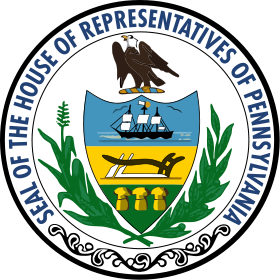The PICPA Has Long Supported Changes to Existing Legislation
PHILADELPHIA – Legislation that prevents the double taxation of local income of Pennsylvania residents is now awaiting Gov. Tom Wolf’s signature. The Pennsylvania Institute of Certified Public Accountants (PICPA) strongly supports House Bill 866, which passed the Pennsylvania Senate on Tuesday, April 17, 2018.
House Bill 866 amends several items within Act 32 of 2008, which brought sweeping changes to how Pennsylvania collects local earned income taxes. While Act 32 made the collection process much simpler across the state, an unintended consequence of the law allowed some collectors to limit local credit provisions, thus resulting in double taxation of some Pennsylvania residents. House Bill 866 prevents this practice and makes collection more uniformed across the state. It also prohibits penalties against those with no income who do not file a return, and provides clarification of withholding tax rates for employees who are on a temporary assignment.
“The passage of House Bill 866 is a win-win for the state and its residents,” says PICPA President Joe Seibert, CPA. “Equity and fairness are two principles of PICPA’s Guiding Principles of Good Tax Policy, and this law clarifies the crediting language for local tax collectors, which should foster uniformity and efficiency across the entire state.”
House Bill 866 also includes a provision adding limited oversight of the tax collection system by the Department of Community and Economic Development and a prohibition on assessment of any earned income tax imposed more than five years after the date on which the tax should have been filed (except in cases of fraud).
The PICPA worked with Pennsylvania Rep. George Dunbar (R-Westmoreland) on this bill, which passed both the House and Senate by wide bipartisan margins of 189-0 and 44-6, respectively. The PICPA urges the governor to sign the bill into law.




